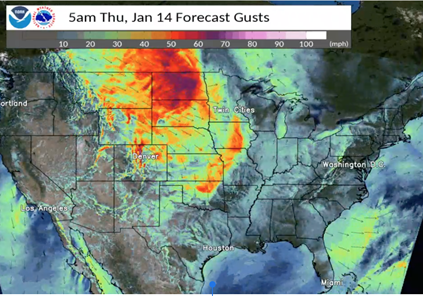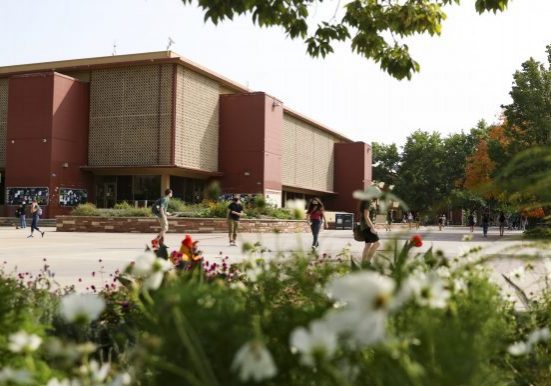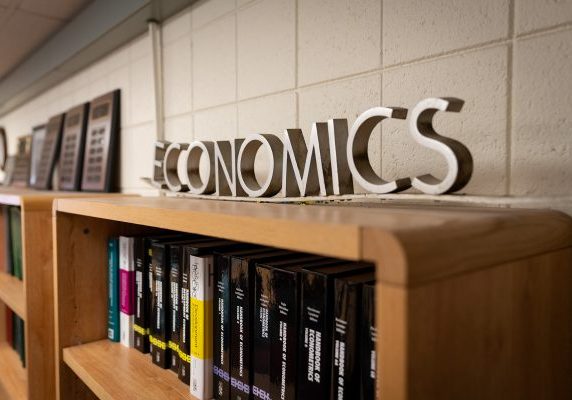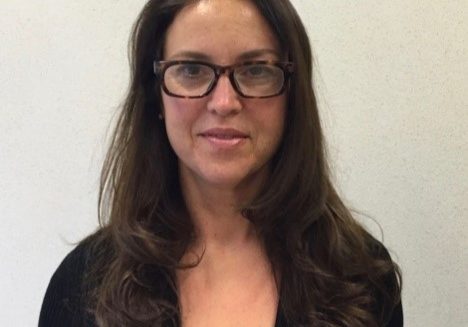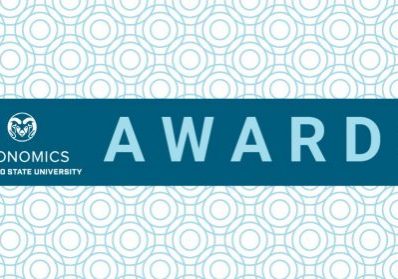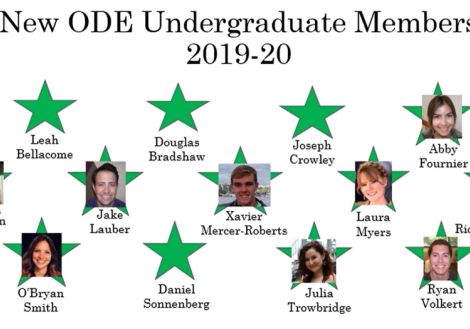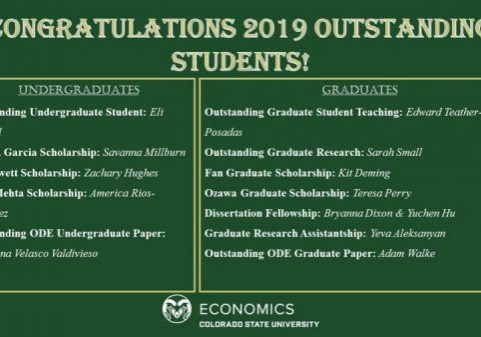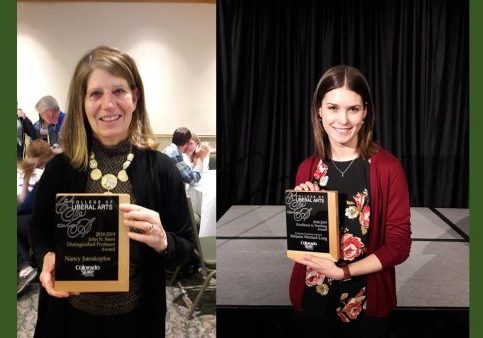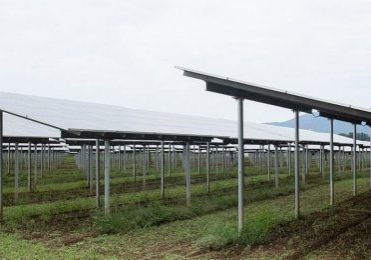
Research & Engagement
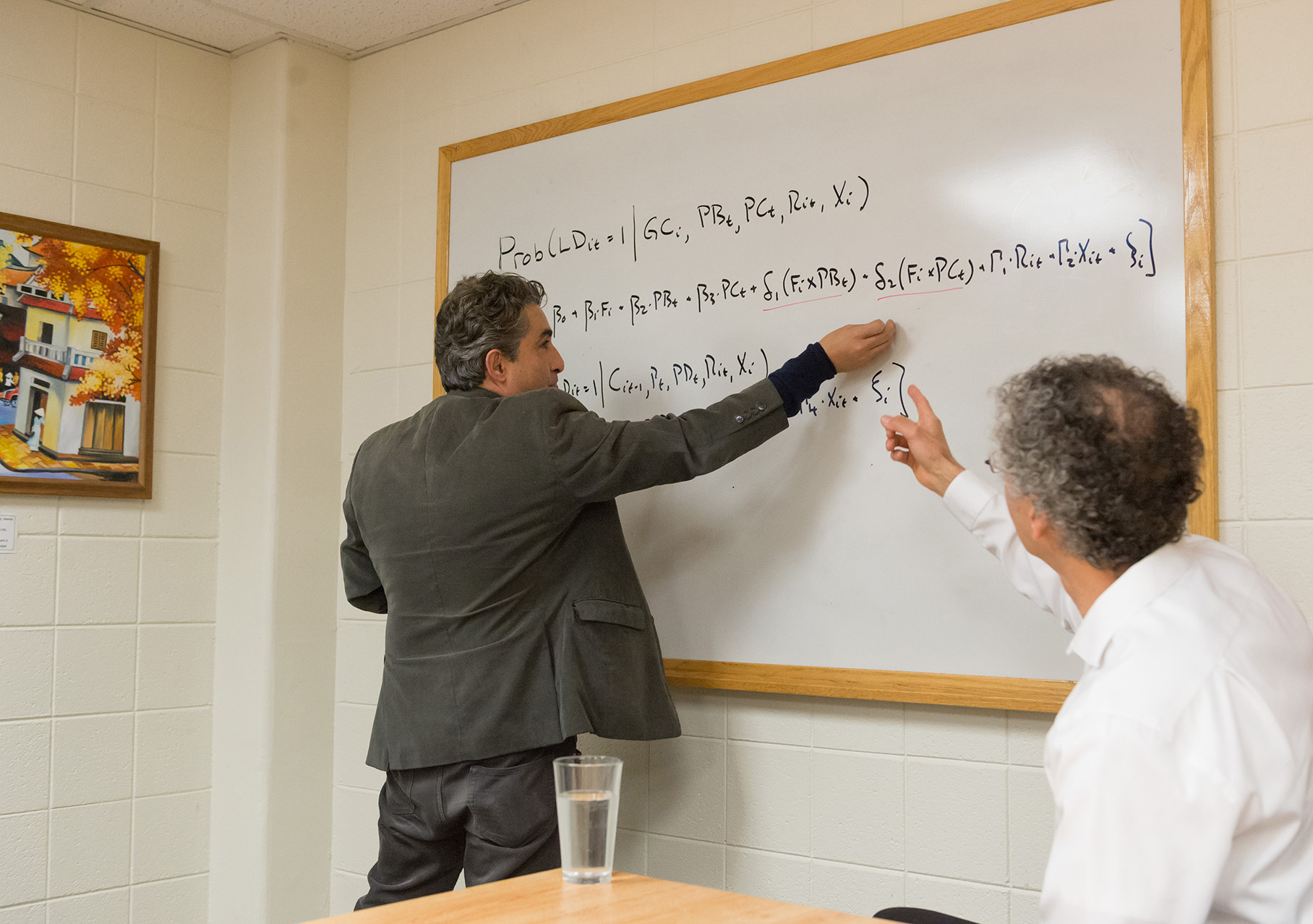
Research & Engagement
The department partners with a variety of organizations that support our community’s research interests and goals. These organizations offer a variety of services that help take our research out of the academy and into the world.
Students can engage in research through undergraduate research internships, graduate research assistantships, mentorship, and other collaborations with award-winning faculty and community partners.
Engaged Research
The economics department collaborates across disciplines to investigate issues of poverty, inequality, to contribute to a better world. Our economics scholars are pluralists who produce a wide range of economic research drawing on neoclassical, Keynesian, institutional, Marxian, and feminist traditions. We serve as an accessible, expert resource on a wide range of economic issues for policymakers and stakeholders across Colorado, the nation, and global institutions.
REDI
The Regional Economic Development Institute (REDI @ CSU) is an engaged research enterprise that aims to understand, analyze, and inform economic development strategies particularly in struggling regions in both rural and urban areas, especially in Colorado. The dual focus on rural and urban areas.
PAC @ REDI
The Poverty Action Center (PAC @ REDI) uses interdisciplinary mixed-methods approaches to help guide poverty action locally and globally. PAC@REDI researchers are using original survey design and econometric data analysis to answer questions at intersections surrounding poverty, inequality, education, and microfinance while paying particular attention to gender and using tools from development economics.
CSAL
The Center for the Study of Academic Labor (CSAL) is an interdisciplinary research center that supports scholarship, commentary, artistry and activism on contingent academic labor and the future of higher education.
Feminist Economics
Feminist Economics, edited by Department Chair Elissa Braunstein, is a peer-reviewed journal that provides an open forum for dialogue and debate about feminist economic perspectives. The goal of Feminist Economics is not just to develop more illuminating theories, but to improve the conditions of living for all children, women, and men. By opening new areas of economic inquiry, welcoming diverse voices, and encouraging critical exchanges, the journal enriches economic discourse.
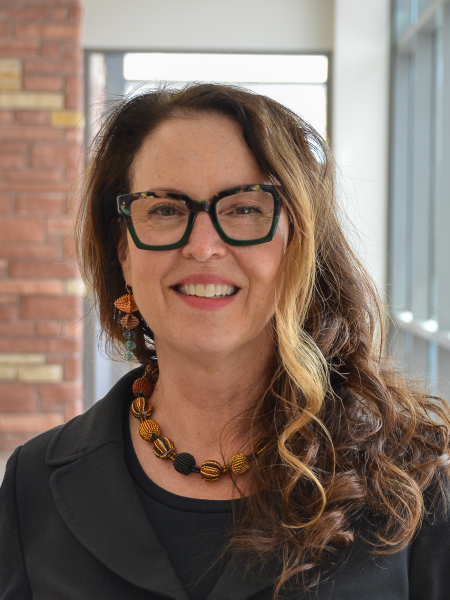
Elissa Braunstein
- Interim Dean
- Associate Dean for Research and Graduate Programs
- Professor of Economics
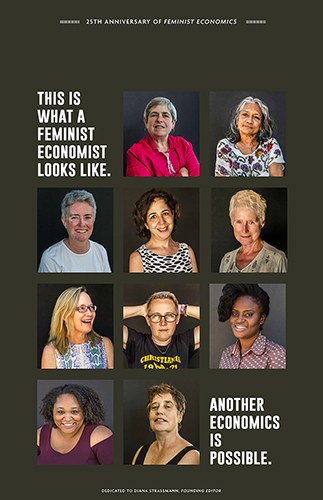
Research News
Accolades
Recent Publications
Estimating the Economic Impacts of Improved Wind Speed Forecasts
Hwayoung, J., Hartman, B., Cutler, H., Hill, R., Hu, Y., Lu, T., Shields, M., and Turner, D.D. (2022). Estimating the economic impacts of improved wind speed forecasts in the United States electricity sector. Journal of Renewable and Sustainable Energy.
Vasudevan: Women’s Self-Employment as a Developmental Strategy
Vasudevan, R. and Raghavendra, S. (2022). Women’s self-employment as a developmental strategy: the dual constraints of care work and aggregate demand. Feminist Economics.
Braunstein: Gender and the Future of Industrialization
Braunstein, E. (2021). Gender and the future of industrialization in a post-pandemic world. United Nations Industrial Development Organization.
Miller: The Effect of Private Schools on Socioemotional Development
Miller, R. (2022). The effect of private schools on measures of socioemotional development in adolescence: evidence from India. Journal of Human Capital.
Tavani: Aggregate Demand Externalities, Income Distribution, and Wealth Inequality
Petach, L. and Tavani, D. (2022). Aggregate demand externalities, income distribution, and wealth inequality. Structural Change and Economic Dynamics.
Vasudevan: Financial Liberalization and the Indian Corporate Sector
Ganguly, A. and Vasudevan, R. (2022). Financial liberalization and the Indian non-financial, corporate sector. Competition and Change.
Kırşanlı: Pakistan’s Political and Economic Crisis
Mohammed, J., Efendic, H. & Kırşanlı, F. (2022). Pakistan’s political and economic crisis. The Ayaan Institute.
Sedai: Are Autocracies Bad for the Environment?
Sinha, A., Sedai, A.K., Kumar, A. & Nepal, R. (2022). Are autocracies bad for the environment? Global evidence from two centuries of data. The Energy Journal.
Miller: Opportunity Costs of Unpaid Caregiving
Miller, R. and Sedai, A.K. (2022). Opportunity costs of unpaid caregiving: evidence from panel time diaries. The Journal of the Economics of Ageing.
Barbier: Policy Implications of the Dasgupta Review
Barbier, E. (2022). The policy implications of the Dasgupta Review: Land use change and biodiversity. Environmental and Resource Economics.
2021-2022 Seminar Series
The Department of Economics' Seminar Series brings in cutting-edge economics researchers from around the globe. View recordings of these presentations.


